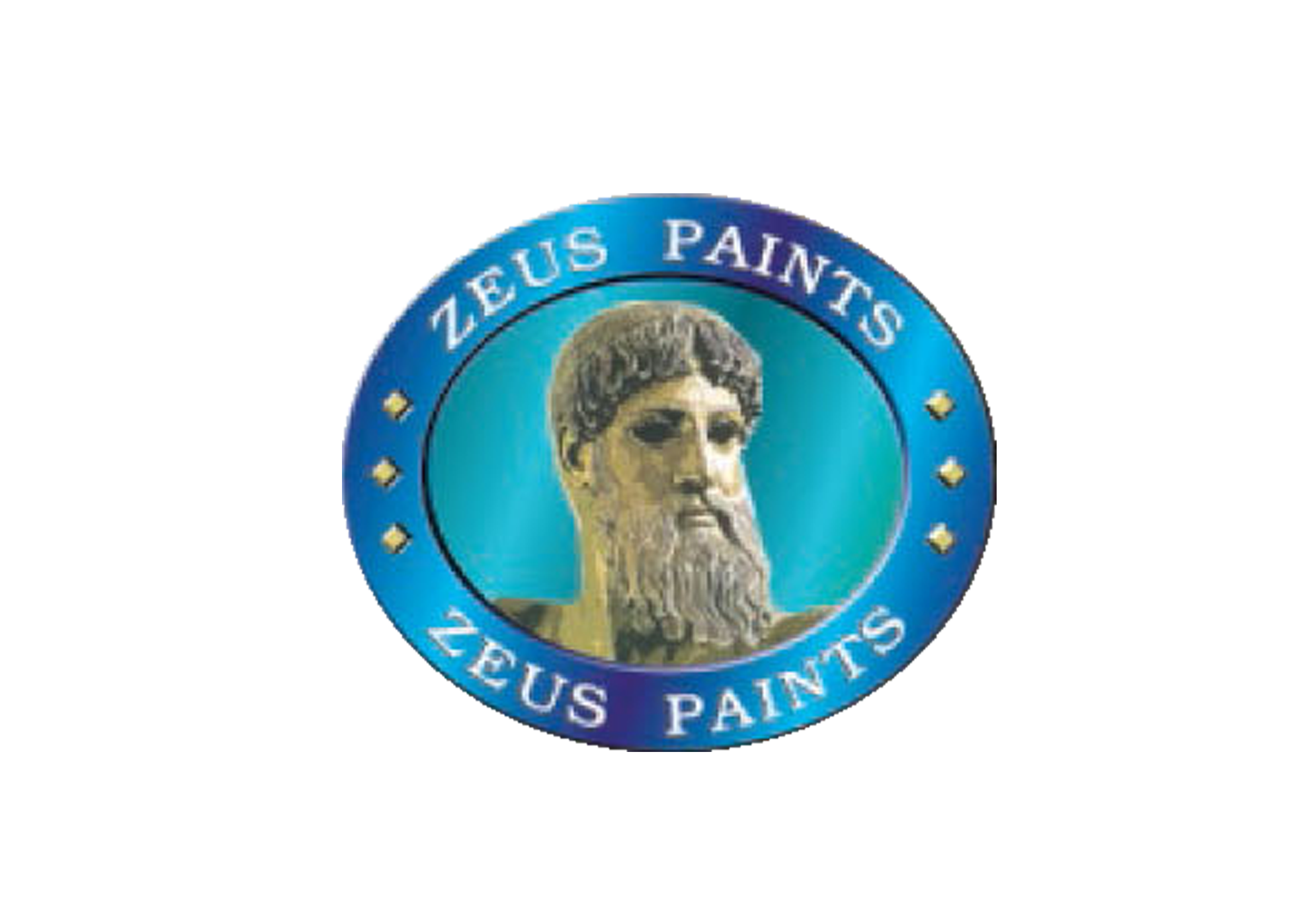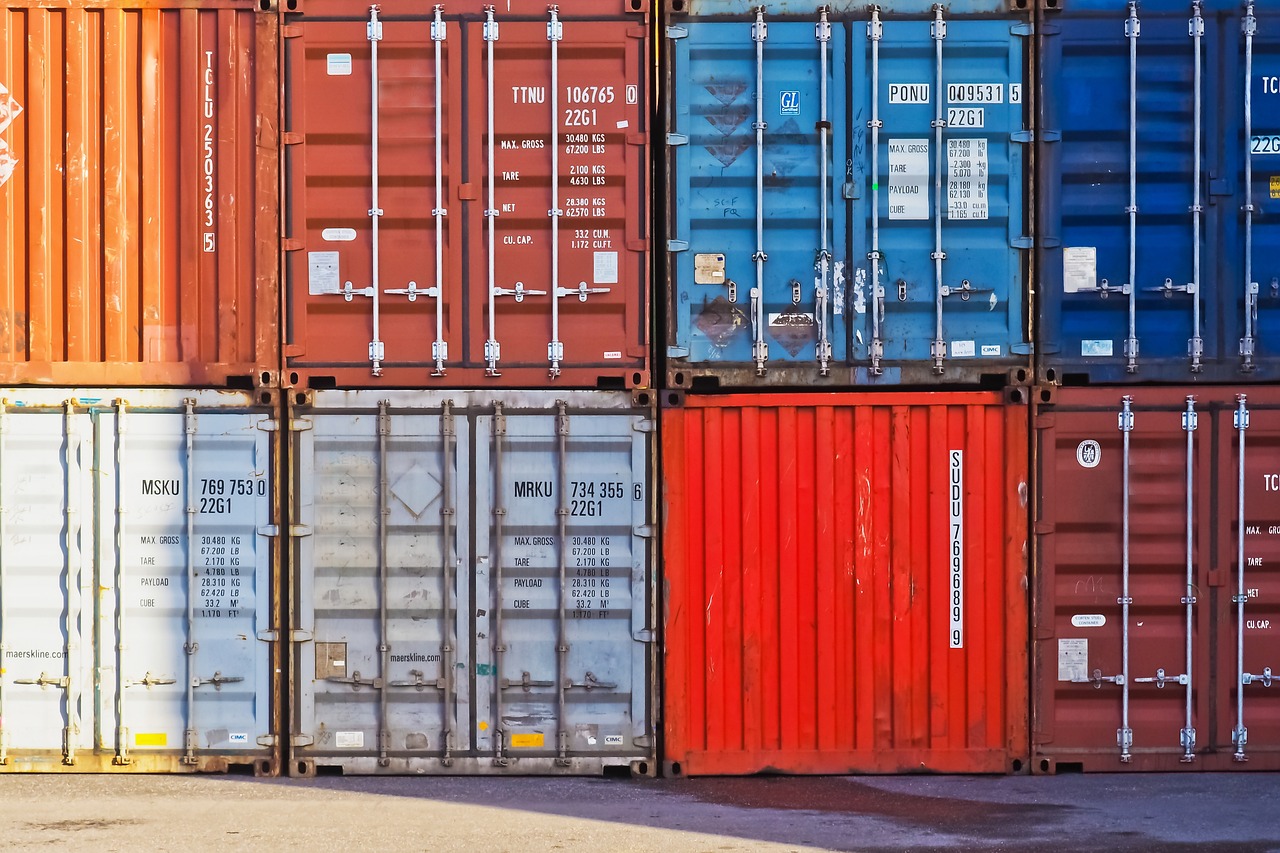Rust is a common problem in many construction and industrial settings, causing significant damage to metal surfaces and structures. The cost of rust damage in Europe and worldwide is estimated to be in the billions of dollars each year. To overcome the problem of rust, anti-rust paints and coatings have been developed to provide protection against corrosion and extend the lifespan of metal surfaces.
The cost of rust
Rust is caused by the oxidation of metal surfaces, and it can result in a range of problems, including surface corrosion, structural damage, and a loss of aesthetic appeal. The cost of rust damage in Europe and worldwide is significant, with the repair and replacement of damaged metal surfaces and structures accounting for a significant portion of these costs.
In addition to direct costs, rust also has indirect costs associated with it. For example, the appearance of rust can negatively impact the reputation of a business or organization, reducing its market value and competitiveness. Furthermore, rust can also contribute to the premature failure of metal structures, leading to costly repairs and maintenance.
Anti-rust coatings are designed to protect metal surfaces from the damaging effects of rust. These coatings work by creating a barrier between the metal surface and the environment, preventing the formation of rust. Anti-rust coatings can be applied to metal surfaces using a variety of methods, including spraying, brushing, or roller application.
The effectiveness of anti-rust coatings is dependent on several factors, including the type of coating, the thickness of the coating, and the quality of the surface preparation prior to application. To ensure optimal performance, it is important to carefully follow the manufacturer's instructions for the application of anti-rust coatings.
Types of anti-rust coatings
There are several different types of anti-rust coatings available on the market, each with its own unique benefits and limitations. Some of the most common types of anti-rust coatings include:
Epoxy Coatings: Epoxy coatings are known for their high levels of durability and protection against rust. They are typically applied in two coats and can be used in a variety of industrial and construction applications.
Zinc Rich Coatings: Zinc rich coatings are designed to provide protection against rust by creating a zinc barrier on the metal surface. These coatings are typically applied as a primer and are commonly used in industrial and marine settings.
Alkyd Coatings: Alkyd coatings are known for their versatility and ease of application. They are typically applied as a single coat and can be used in a range of indoor and outdoor applications.
Acrylic Coatings: Acrylic coatings are known for their quick drying times and resistance to UV radiation. They are typically applied as a single coat and are commonly used in automotive and industrial settings.
Summary
In conclusion, rust is a significant problem in the construction and industrial industries, resulting in billions of dollars in costs each year. Anti-rust coatings provide a solution to this problem, offering protection against rust and extending the lifespan of metal surfaces. There are several different types of anti-rust coatings available, each with its own unique benefits and limitations, making it important to choose the right coating for the specific application.
Zeus Paints offers a wide range of coatings for metallic surfaces. Discover Zeus Paints' coatings for metallic surfaces..


Comment (1)
user397705
at August 10, 2025Nice post! 1754794022